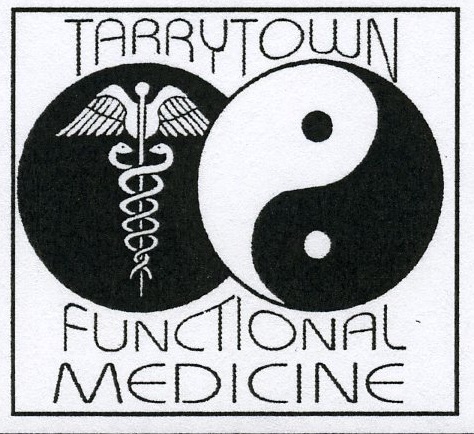Last week a book caught my eye among the 50 plus books in my library at the office. It is called “The Carnitine Miracle” by Robert Crayhon. This is a nutrient we don’t hear much about except for in the realm of sports nutrition and personal training. But carnitine has a lot more to offer, as this book pointed out.
First, a little bit about carnitine.
Carnitine is a substance made in the body from the amino acid lysine, which comes from animal protein. Carnitine itself is taken in from eggs and meat (hence the derivation from carnivorous) but some people, especially vegetarians, don’t get enough of it.
Carnitine is the shuttle that carries fats into the mitochondria to burn and make energy. If you don’t have enough carnitine, the fats get oxidized outside of the mitochondria and create 3 byproducts called adipate, suberate, and ethylmalonate.
We measure these compounds in the urine with our organic acids testing and if they are high, it means you don’t have enough carnitine and you can’t burn fat adequately.
This is a picture of a trst result in a vegetarian patient who had poor wound healing, Fibromyalfia, and fatigue. These markers are high, iindicating that there is not enough carnitine. When we saw this test result we knew we had to supplement carnitine for her, and after that she had some big improvements.

What does this mean to you? Well, if you can’t burn fat, that makes weight loss a little difficult as weight loss (or fat loss) is dependent on getting into a “fat burning state”.
The fat burning state is a state in which you cut carbohydrate intake in order to force the body to burn fat. But if you can’t burn the fat for energy because you’re out of carnitine, and you’ve cut the carbohydrates, you’re going to be too fatigued to continue with the program, hence, your weight loss program gets sabotaged.
Carnitine is important for many other reasons other than fat burning.
Among them are heart and brain health, energy and endurance, immunity, and protecting the body from the damaging effects of stress, controlling blood sugar and eliminating sugar cravings.
Who should be tested for carnitine:
Diabetics
People whose weight loss has stopped on their current program
People who need to be on a ketogenic diet for weight loss or other various health issues such as cancer
Those with claudication (muscle pain on walking),
Those with angina or cardiomyopathy (enlarged heart)
Those who lack endurance and get excessively sore muscles after exercise
Those with Fibromyalgia
Those who want to improve sports performance
Those who need more energy
Organic acids tests many other substances as well as carnitine to give us a total look at your nutritional status



